medskl.com is a global, free open access medical education (FOAMEd) project covering the fundamentals of clinical medicine with animations, lectures and concise summaries. medskl.com is working with over 170 award-winning medical school professors to provide content in 200+ clinical presentations for use in the classroom and for physician CME. Psychiatry – Addiction/Substance Abuse: What You Cannot Afford to Miss Whiteboard Animation Transcript with Margaret S. Chisolm, MD https://medskl.com/Module/Index/addiction-substance-abuse When evaluating any patient, you cannot afford to miss substance abuse. Although not all patients will require specialty treatment, they can still benefit from your intervention. With every patient, here are some important steps to take: • Raise the subject: “Can we take a minute to discuss alcohol?” • Ask about use: “Do you sometimes drink beer, wine, or liquor?” • If the response is “No,” ask: “Why not?” • If “Yes,” ask: “How many times in the past 12 months have you had X or more drinks in one day? For men, X = 5; for women and anyone over age 65, X=4. • If the answer is anything other than “zero,” this is a sign of risky drinking and a brief intervention is indicated, as follows. BRIEF INTERVENTION Provide feedback. • Share that level of use exceeds lower risk limits established for healthy men and women. • Let your patient know that drinking at this level can be unhealthy. • If possible, connect risk to reason for the visit: “I think your insomnia may be related to drinking.” Enhance motivation. • Ask questions that elicit change talk: “Have you ever considered cutting down or quitting?” • If so, “Why?” • If not, ““What would have to happen for you to consider it?” • Ask the patient to rate the importance of change, using a visual “readiness ruler” if possible: • “On a scale of 1-10, how important is it that you cut down or quit?” • Then ask: “Why [that number] and not a lower one?” Negotiate a plan. • Next steps should be developed collaboratively. • Follow the patient’s lead: “If you were to make a change, what would be the first step?” • Offer a menu of options for more help such as medication, brief counselling, support groups, and/or formal treatment programs. Close on good terms. • Ask permission to meet again to discuss progress.
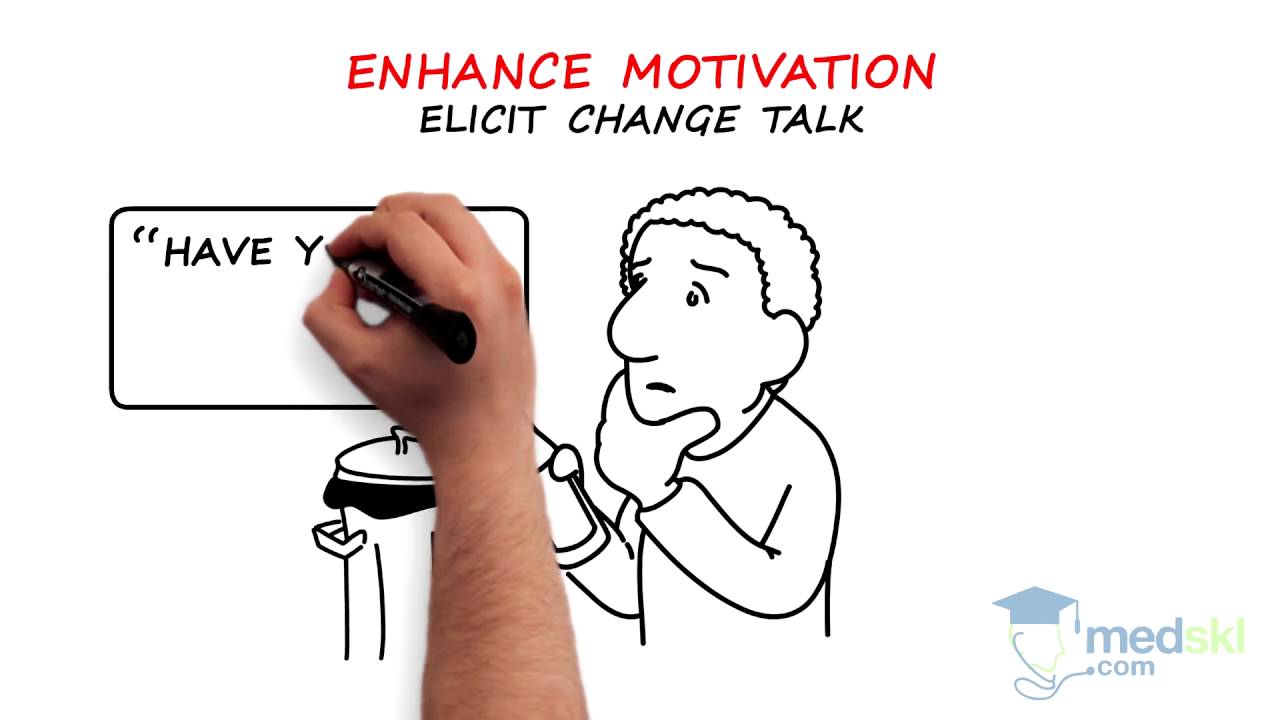
Addiction Psychiatry Video – 1
- Post author:admin
- Post published:May 18, 2021
- Post category:Uncategorized
- Post comments:0 Comments
You Might Also Like
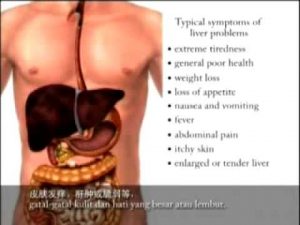
How Milk Thistle and Dandelion helps liver cells?

Muscle Building Workout & Squats Video – 35
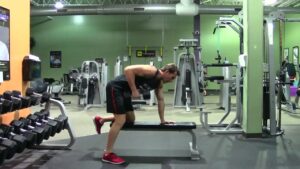
Single Arm Dumbbell Row – HASfit Back Exercise Demonstration – One Dumbbell Row – Supported Row
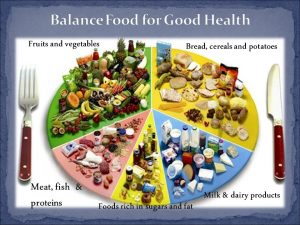
Diet Plan for Diabetes Management-Part 1
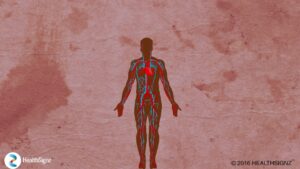
Circulatory System Heart BP And Asanas Video – 1

3 Exercises to Increase STAMINA – Endurance for a Fight
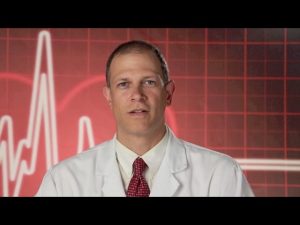
Atenolol Side Effects
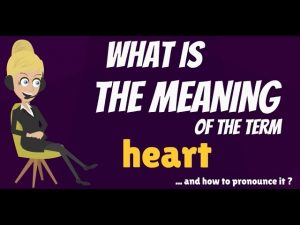
What is HEART? HEART meaning & definition – HEART functions – How to pronounce HEART

10 Things Your Body Shape Says About You

Geriatric Physiotherapy Video – 10

Leg Curl-5
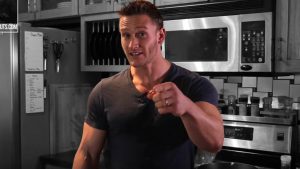
What To Eat Before And After Your Workout To Maximize Fat Loss – With Thomas DeLauer

How To: Dumbbell Front Raise
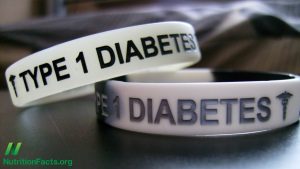
Does Bovine Insulin in Milk Trigger Type 1 Diabetes?
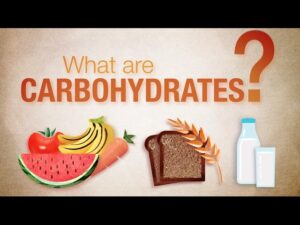
What are carbohydrates?

What happens inside your body when you get the fever?

Are BCAA’s Worth It? (Branched Chain Amino Acids Review)

10 Proven Omega 3 Benefits and 7 Best Omega 3 Foods

Creatine long term side effects

What Is Heart Failure? | Heart Disease
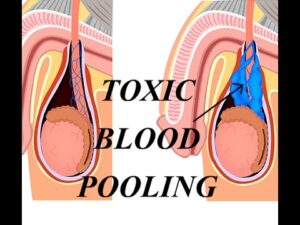
How Does Varicocele Natural Treatment Work?

Sailing Video – 1

Full Day Diet Plan For Vegetarians | Muscle Building Diet
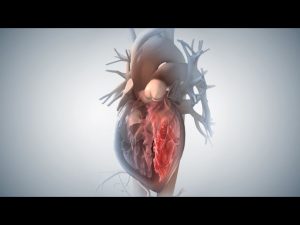
Acute Coronary Syndrome and Heart Attack
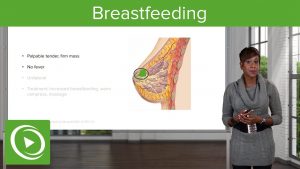
Breastfeeding and Common Breast Conditions – Obstetrics | Lecturio

Geriatric Nutrition Video – 2
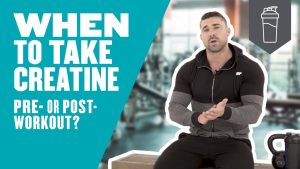
When To Take Creatine — Pre- or Post-Workout? | Myprotein

MECHANISM OF HORMONE ACTION

Relaxation massage Video – 4
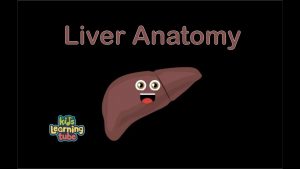
The Liver Anatomy Song for Kids

Making A Yoga Routine Video – 1

Human Body Video – 7

Cross-Cultural Psychiatry Video – 4
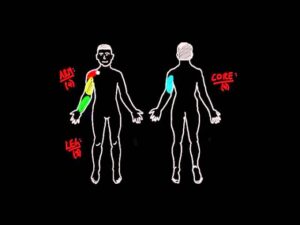
11 major muscle groups
![Read more about the article [Preview] What really causes heart disease?](https://videos.drmaheshkumar.com/wp-content/uploads/2021/05/Preview-What-really-causes-heart-disease-300x225.jpg)
[Preview] What really causes heart disease?
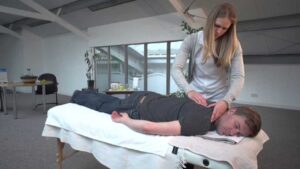
Bowen Therapy Video – 4
Medical & Medicine

Intermittent Fasting & Fasting Video – 19

Social Psychiatry Video – 3

Judo Video – 2
Spa & Massage Therapy

